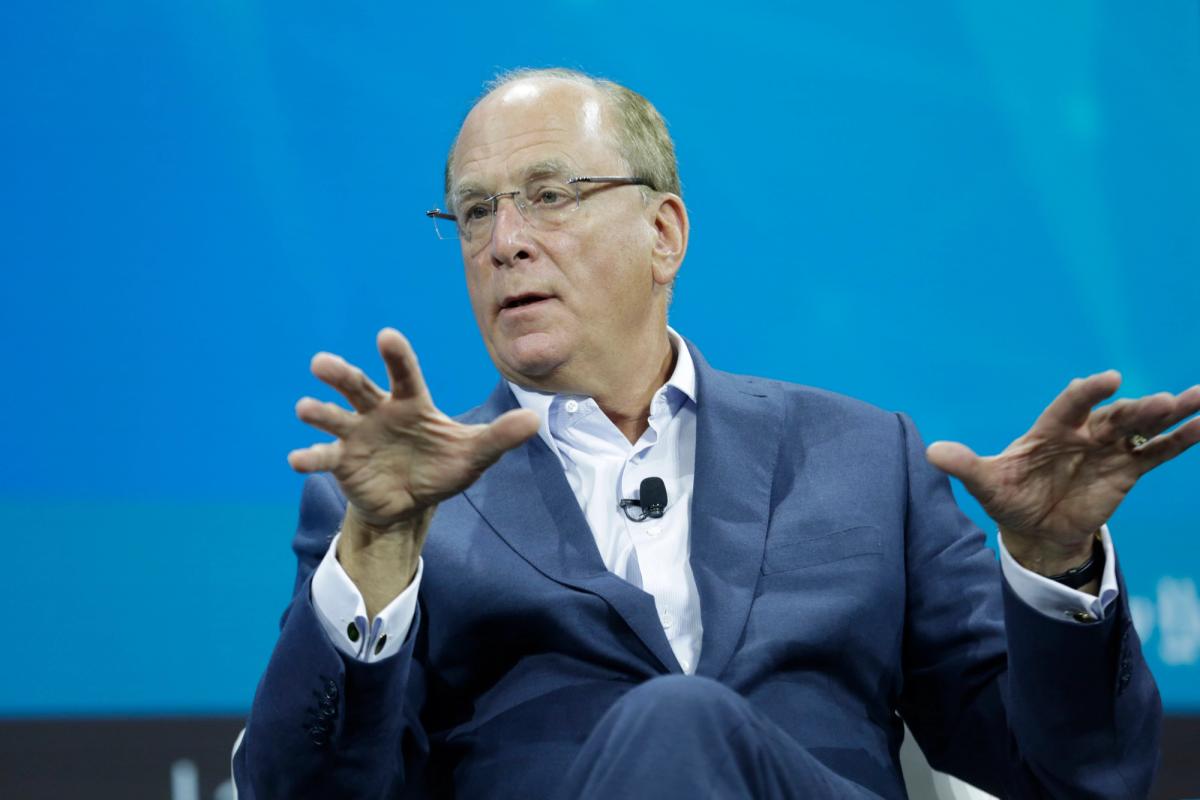
Environmental, social, and governance (ESG) investing has become a flashpoint of political controversy. Once a niche segment of financial products, the sector’s assets under management—and, thus, its economic and political significance—have ballooned in recent years. ESG assets exceeded $30 trillion in 2020, and the figure is projected to rise considerably, reaching up to a third of global assets under management by 2025, according to a 2021 Bloomberg estimate. Conservatives, seemingly oblivious to these trends for years, have lately become vehement critics, seeing the growth of ESG as yet another encroachment by “woke capital.”
Read Original

